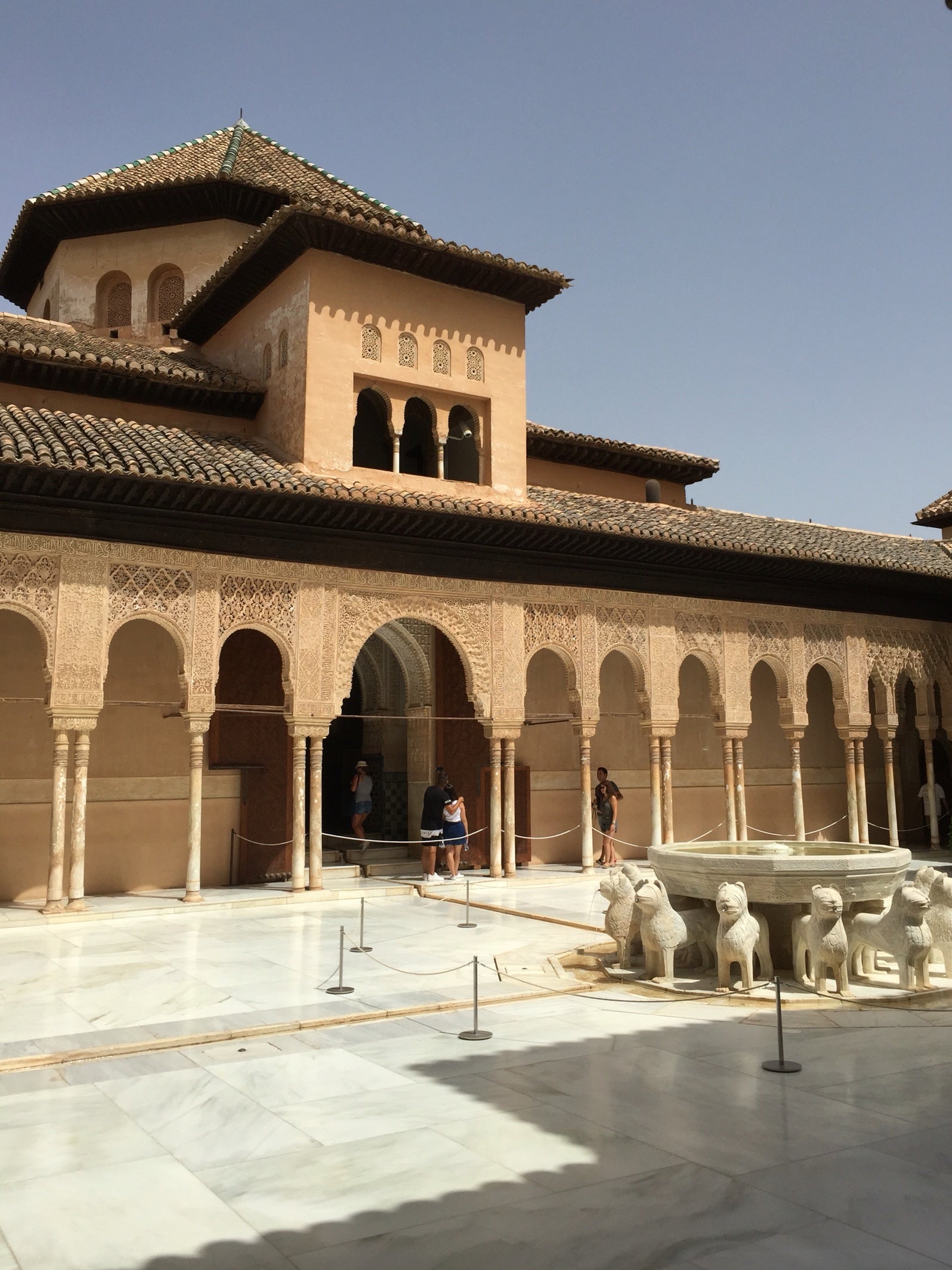 I’m currently spending a semester abroad in Granada, Spain. It’s been more rewarding to me than I could have ever anticipated as I’ve lived as a resident of Spain, rather than a visitor. I’ve seen some good, bad, and ugly of what Spain has to offer. I’ve seen beautiful landscapes and beaches, yes, but I’ve also seen a country struggling with political and economic uncertainty akin to what we have in the United States.
I’m currently spending a semester abroad in Granada, Spain. It’s been more rewarding to me than I could have ever anticipated as I’ve lived as a resident of Spain, rather than a visitor. I’ve seen some good, bad, and ugly of what Spain has to offer. I’ve seen beautiful landscapes and beaches, yes, but I’ve also seen a country struggling with political and economic uncertainty akin to what we have in the United States.
I chose this program, Spanish Studies in Granada, for a variety of reasons. I thought going to Granada, rather than to Barcelona or Madrid, would allow me to immerse myself wholly in the Spanish culture. That is, Barcelona and Madrid are both popular tourist destinations, so I would likely encounter more English speakers there and not be able to practice speaking Spanish.
Another big deciding factor for me: the housing for the Granada program is with host families, rather than living in dorms or apartments. This has a variety of benefits, some of which may not be obvious when window shopping for a study abroad program. Living with a Spanish family forces me to speak only Spanish at home.
It’s not as scary as it sounds because all of the hosts are experienced in accommodating English-speaking students. The environment at home is more conducive to bettering your Spanish than just going to a café or store and trying to have a conversation. Another hidden benefit - your meals are all provided for you, which means that for the length of your study abroad term, you’re exposed to all sorts of local cuisines and delicacies at home, without having to go to a restaurant to pay for it.
Living with a host family can mean you meet all of your family’s friends and relatives, which helps you feel like part of the local community. This isn’t an opportunity that would as easily present itself in another housing arrangement. Another awesome benefit from living with a host family is the vast amount of wisdom and experience they can share. I live with a retired couple who have shared experiences like living under the fascist Franco dictatorship.

I’m taking four classes in Spain. One course discusses Spanish architecture and art history, and includes weekly field trips around Granada to buildings and museums that demonstrate what we’re learning in class. I’m also taking a literary analysis course that has exposed me to a vast amount of Spanish literature, in a variety of genres. I have a cultural studies course that explores the history and political structure of Spain, as well as current events and preoccupations in the country. The fourth course: Arab-Islamic studies, which I find especially interesting. This course began with the history of Islam, and has gradually progressed forward in time. It discusses things like the often-negative portrayal of Muslims in the media, the lack of information the vast majority of the public has about the religion, and the societal problems that result.
I’ve also gained hands-on experience that has made me more cognizant of the world around me, an awareness that I aim to bring home. By volunteering to teach English to young children in an impoverished neighborhood of Granada, I’ve seen that, at the root of it, there aren’t nearly as many differences between the United States and other countries as we might think. Especially in this day and age, I think it is important to take a big leap and broaden your horizons in another country, and this is what I have attempted to do. Fear and hatred are the spawn of ignorance and unawareness, which an educational experience in another country helps curb.
The College of Liberal Arts & Sciences at the University of Illinois at Urbana-Champaign offers more than 70 majors and provides a world-class interdisciplinary education that prepares students for lives of impact. Learn more about LAS.